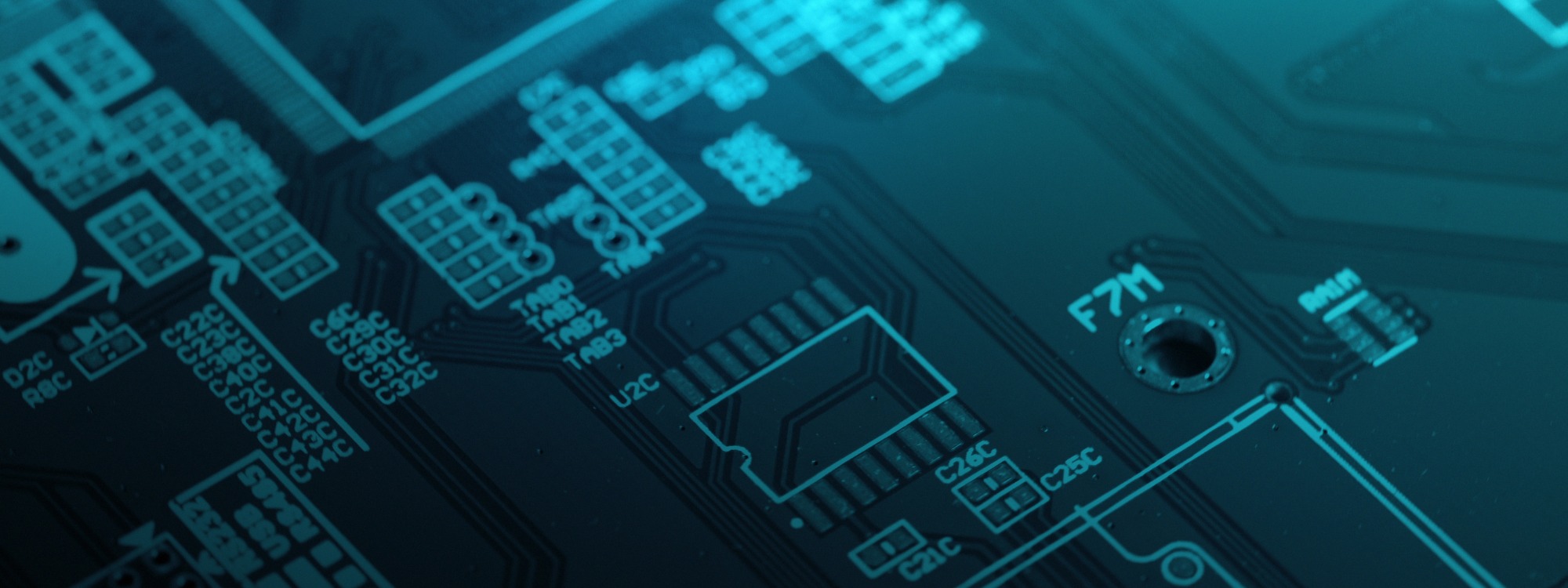
KS3 - Computer Science
We strive to equip our students to use computational thinking and creativity to understand and take part in the digital world. We prepare them to recognise the risks when using technology, and discover what safety measures they can follow to reduce this. Computing has deep links with mathematics, science, and design and technology, and provides to be the underpinned subject to link across a vast range of careers.
Our curriculum expands beyond the national curriculum to ensure that our students are able to understand how a computer works, as well as develop their basic software skills to guarantee they become digitally literate citizens. During Year 7, 8 & 9, they will express themselves and develop their ideas through information and communication technology at a suitable level to become active participants in our digital world and their future workplace. We follow the NCCE (CAS) progression pathways which support the three main strands form the national curriculum.
- Computer Science
- Information Technology
- Digital Literacy
Year Group |
Areas of Study |
7 |
Term 1: Impact of technology: collaborating online respectfullyTerm 2: Back to the future. The history of computingTerm 3: Modelling data: spreadsheetsTerm 4: An introduction to programming with Scratch - Applying the programming constructs of sequence, selection, and iteration in ScratchTerm 5: Computer hardwareTerm 6: Event driven programming |
8 |
Term 1: HTML, CSS and JavaScript - Web developmentTerm 2: Binary Bits & BobsTerm 3: Mobile app developmentTerm 4: Introduction to Python programmingTerm 5: Computing systemsTerm 6: Media: vector graphics |
9 |
Term 1: CybersecurityTerm 2: Data scienceTerm 3: Physical computing - Sensing and controlling with the micro:bit using PythonTerm 4: Representations - Representing images and sound using binary digitsTerm 5: Computer NetworksTerm 6: Python programming with sequences of data |


